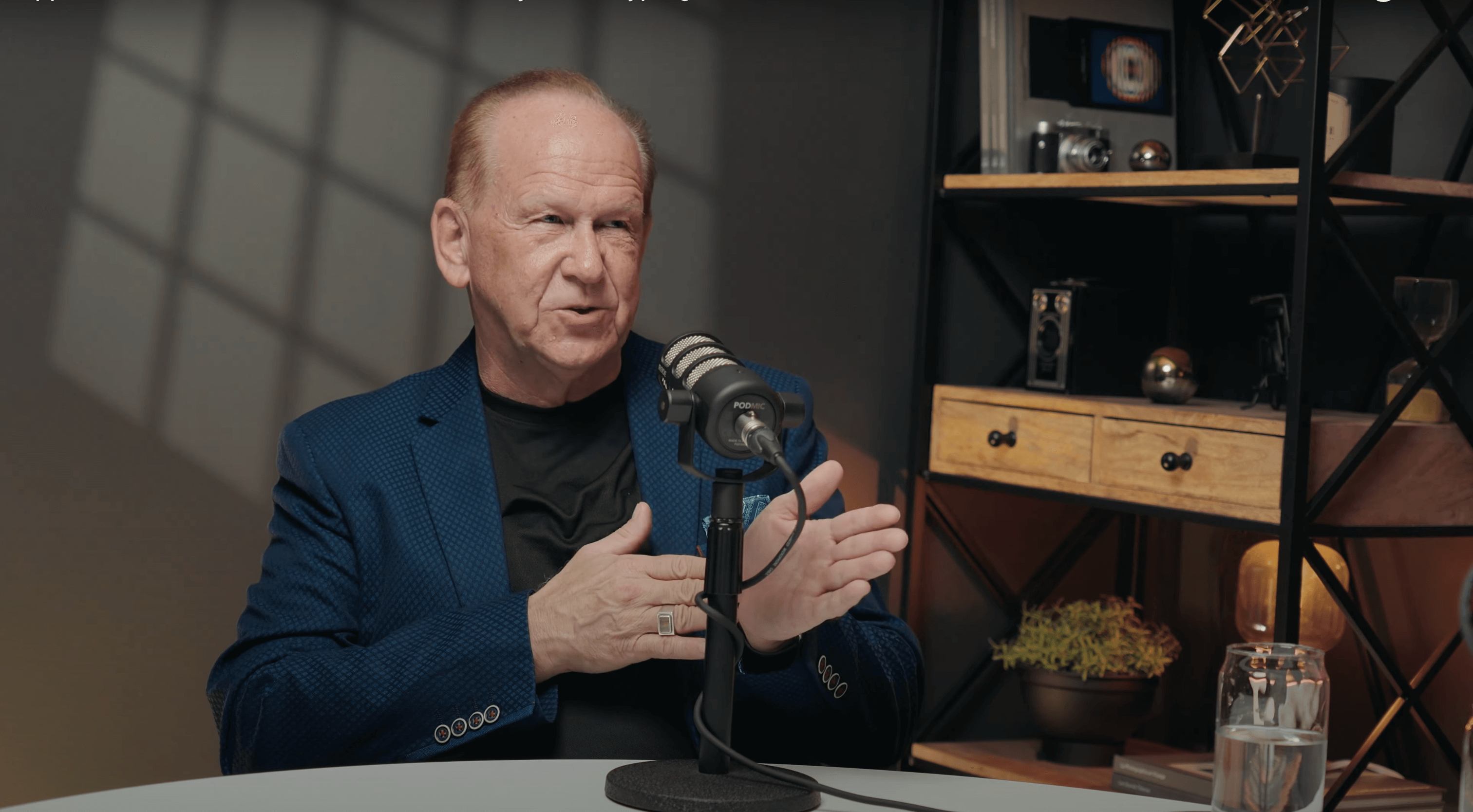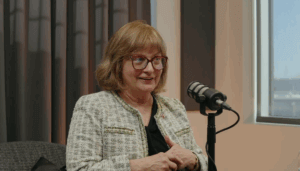Guest: Denis Côté, President of Heldec International Consulting Inc.
Written by: Denis Côté, President of Heldec International Consulting Inc.
Too many organizations still perceive procurement as an administrative function, often excluding procurement leaders from early-stage discussions. This marginalization inevitably leads to a lack of coordination and understanding between departments, particularly at the beginning of projects.
Yet, experience shows us a very different reality…
Procurement Teams Are Agile!
Procurement has a unique ability to handle a high volume of transactions, analyze markets, identify the best products and services, and negotiate the most advantageous terms.
But don’t underestimate its adaptability! In small-scale projects with low volumes, synergies become more challenging. This underscores the importance of involving procurement leaders early in the process so they can:
- Gain a comprehensive, strategic overview.
- Align procurement efforts with the specific needs of the project from the earliest phases.
Leadership Must Elevate the Function
It cannot be said enough… For procurement to fully play its role, senior management must value the function and integrate it early in project planning.
A proactive leadership approach to procurement also involves creating a solid organizational framework where supplier relationships are based on transparent and structured processes.
Without such a framework, suppliers may exploit internal disorganization to maximize their own profits—for example, by imposing delivery terms that benefit them but come at a higher cost to the company.
Consolidating and Rationalizing Suppliers
Long-term supplier relationships must be strengthened. By demonstrating the value and potential of future company projects, suppliers are more likely to present competitive offers.
Unifying projects instead of fragmenting them encourages suppliers to respond more cohesively to the company’s overall needs, resulting in cost reductions, improved service quality, and time savings.
Caution! Companies often manage a large number of small suppliers with limited financial impact, to the detriment of strategic suppliers. It is better to streamline the supplier base, focus efforts, and strengthen relationships with key partners.
Collecting, Cleaning, and Optimizing Procurement Data
To strengthen supplier relationships and maximize project efficiency, a company needs accurate procurement data. Although the diversity of projects often complicates access to this data, it is essential to collect, clean, and enhance existing data to leverage it effectively and present it to suppliers.
Choosing the Right Carriers
Carrier selection also plays a crucial role in the supply chain. As an extension of the company, carriers must adhere to the same standards, particularly regarding sustainability. Moreover, since they deliver products on behalf of the company, they become ambassadors of the company’s brand image.
Strengthening the carrier network improves service consistency while reinforcing quality and social responsibility standards.
The Procurement Leader: A Pivotal Role
The procurement leader holds a strategic position within the company. Acting at the intersection of human resources, operations, projects, logistics, and warehousing, they play a key role in aligning company goals and creating synergies.
Additionally, since senior management often focuses on financial concerns, it falls to the procurement leader to demonstrate the function’s impact on the company’s bottom line with clear, precise, and compelling data—not to mention their direct contribution to managing financial and operational risks!
In Conclusion: Leveraging Data Strategically
The role of procurement in a project environment cannot be underestimated, particularly its fundamental reliance on data. By strategically collecting, consolidating, and utilizing procurement information, companies can optimize processes, strengthen supplier relationships, and ultimately achieve substantial cost savings while improving the quality of goods and services received.
Personal notes
Denis Côté graciously joined me behind the microphone to share his forward-thinking ideas on procurement management and industry trends. His ability to anticipate market evolution and propose innovative solutions fascinated me. Every conversation with him was a masterclass in the evolution of practices and technologies in project procurement.Denis is a natural storyteller! His wealth of experiences, spanning 40 years from Madagascar to Abitibi in Québec, offers invaluable lessons and inspiration for the next generation of procurement professionals. Unfortunately, even today, many business leaders hesitate to see procurement as a strategic function rather than a cost center.
Our discussions were so enriching that we split the interview into two episodes: one focusing on procurement in a project context (french version only), and the other on the professional posture of procurement specialists (french version only). Since I am also familiar with the project environment, I had the pleasure of challenging my guest to express—and even denounce—some industry realities. Enjoy listening!


